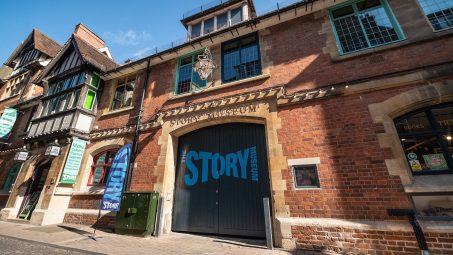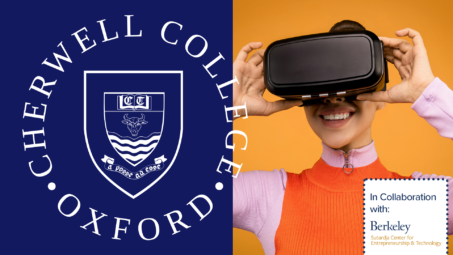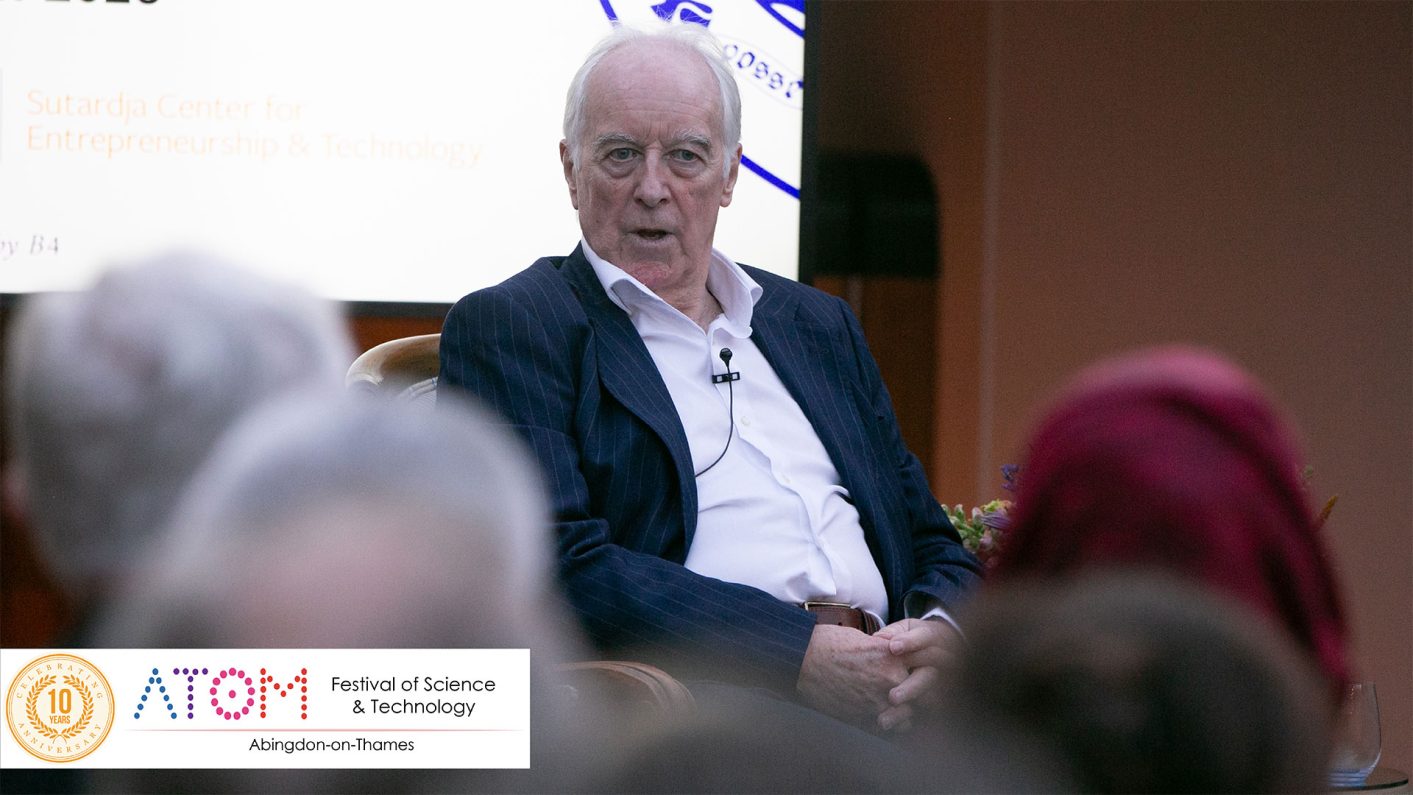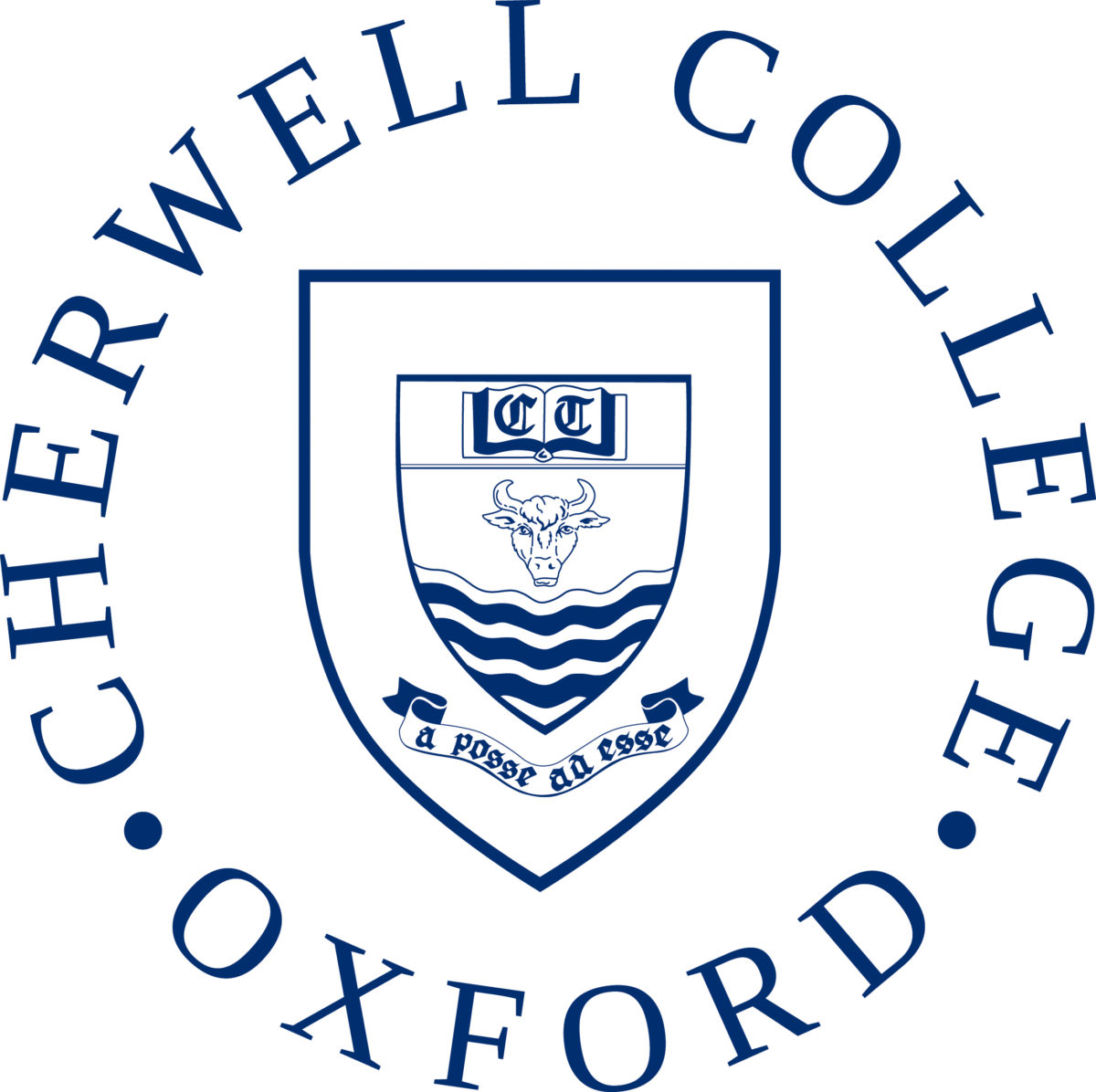
Navigating the UCAS Application Process for A-Level and GCSE students
The journey to higher education is a significant step in any student’s life, filled with excitement, challenges, and crucial decision making. Recently, Alan Carter, Senior Academic Advisor and Exams Officer at Cherwell College Oxford spoke with Sean Murphy, Politics and History tutor on the Cherwell College Oxford podcast, during which Alan helped to shed light on the intricacies and considerations GCSE and A-Level students should bear in mind when approaching the UCAS (Universities and Colleges Admissions Service) application process.
Understanding the UCAS Scheme: UCAS is a vital component of the British higher education system, aiding young people with educational progression to university, college or a degree apprenticeship through their offer-based system. UCAS is an essential tool for both students and higher education institutions, streamlining the application process and providing a standardised platform for managing admissions to undergraduate programs in the UK.
Overprediction: Addressing historical challenges with overprediction, where predicted grades provided by schools for A-Level students tend to be higher than the actual grades achieved in the final exams. This issue has implications for the university admissions process, as offers are often made based on these predicted grades. Alan emphasises the importance of realistic predictions and individualised guidance for students navigating the UCAS process.
Tailoring Personal Statements: A significant aspect of the UCAS application is the personal statement. Alan, drawing from his role as a senior tutor and university admissions officer, delves into what makes a compelling personal statement. He highlights the need for applicants to showcase their interest, skills, knowledge and aptitude for their chosen subjects. Despite limitations in tailoring statements to individual universities, Alan notes the possibility of sending supplementary materials to present a more nuanced picture.
International Students and UCAS: Alan sheds light on the UCAS application process for international students, highlighting slightly longer deadlines and the possibility of direct applications for certain courses or colleges. Alan emphasises the importance of considering facilitating subjects and explores the nuances of direct applications, cautioning students about potential requirements, such as specific foundation courses.
“I’ve noticed that more and more institutions will offer a direct application, however, there are caveats to that. You’ve got to be careful because they may insist, for instance, that you take one of their specific foundation courses which might not be as advantageous in the long run as taking A-Levels”.
Comparing UCAS with American University Applications: The conversation expands to the differences between the UCAS system and the application process for American universities. Alan, who previously worked in Oxford for Stanford University, shares insights into the common application used in the United States. He points out the additional steps and complexities involved, such as individual responses to universities and the potential for tests and interviews, making it a more time-consuming process. Alan also speaks about how American students must apply for funding, with some students applying to 10 or more different funding bodies to fund their studies.
Extended Project Qualification (EPQ): The discussion touches upon the Extended Project Qualification and its role in university applications. Alan notes that while some universities favour the EPQ, its impact varies, with some including it as part of the offer. He underscores EPQ’s value in demonstrating interest, aptitude, and the ability to engage in independent research, preparing students for the demands of university-level projects and essays.
As the podcast unfolds, it becomes evident that navigating the UCAS application process requires careful consideration and tailored strategies. Alan Carter’s wealth of experience and insights serve as a valuable guide for students aspiring to secure admission to top-tier universities, making the journey to higher education more transparent and manageable.

UCAS Undergraduate deadlines 2024
- 30th June – Automatic entry to Clearing
- 4th July – UCAS Extra closes
- 5th July – Clearing opens
- 21st October – Clearing closes
Listen to the full Podcast here
For support for UCAS admissions view the Cherwell College Oxford CPD Profile here
More in Education

The Story Museum: Bringing Stories to Life in Magical Ways
The Story Museum is no ordinary museum. Nestled in the heart of Oxford, this unique, immersive space is dedicated to celebrating the power of storytelling in all its forms. Whether through interactive exhibitions, live performances, or creative workshops, The Story Museum is on a mission to enrich lives—especially young lives—through the magic of stories.

Unleash Your Potential: AI & Innovation Summer Camp at Cherwell College...
In an ever-evolving world where innovation drives progress, equipping oneself with cutting-edge skills becomes paramount. Cherwell College Oxford proudly presents its AI & Innovation Summer Camp, a transformative journey designed to empower young minds with the tools and insights needed to thrive in the digital age. Here’s why this programme is a must for aspiring innovators:

Shaping Modern Education:Cherwell Launch Pioneering Fast-Track A-Level Programme tailored to meet...
Tuesday 7th May: Cherwell College Oxford are shaping modern education, by launching a Pioneering Fast-Track A-Level Programme tailored to meet the demands of the 21st Century.
From this author

Stephen Clarke: Leading the Way at the ATOM Festival of Science...
Stephen Clarke, our Principal at Cherwell College Oxford, is not only a distinguished leader and former British diplomat, but also a passionate advocate for science and education. As the Chairman of ATOM Festival of Science & Technology, Stephen plays a pivotal role in bringing world-class scientific discussions and innovations to the heart of Abingdon. Stephen’s leadership ensures that the festival remains dynamic, inclusive, and engaging for people of all ages.

Shaping Modern Education:Cherwell Launch Pioneering Fast-Track A-Level Programme tailored to meet...
Tuesday 7th May: Cherwell College Oxford are shaping modern education, by launching a Pioneering Fast-Track A-Level Programme tailored to meet the demands of the 21st Century.

GCSE & A-Level English Literature & English Language with Cherwell College...
The Power of Studying English Literature and English Language in Oxford


